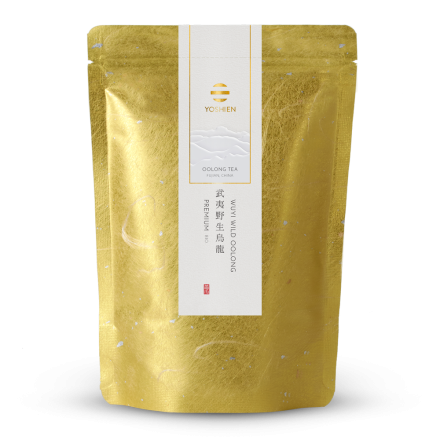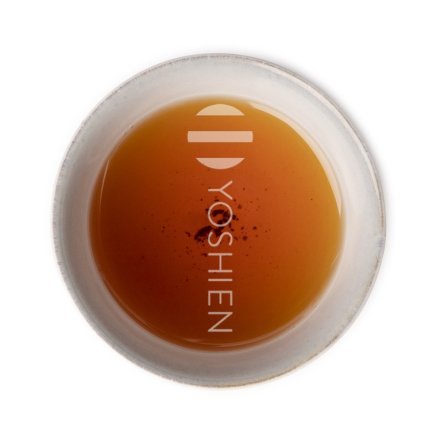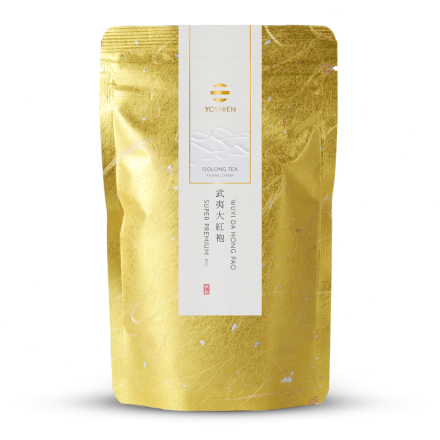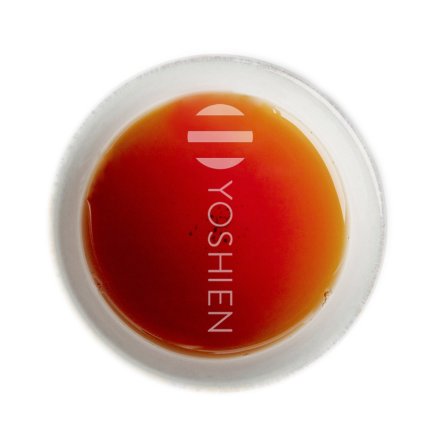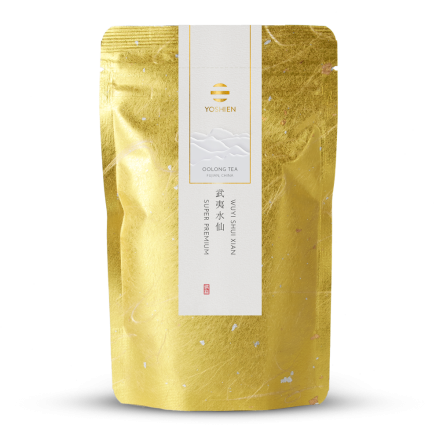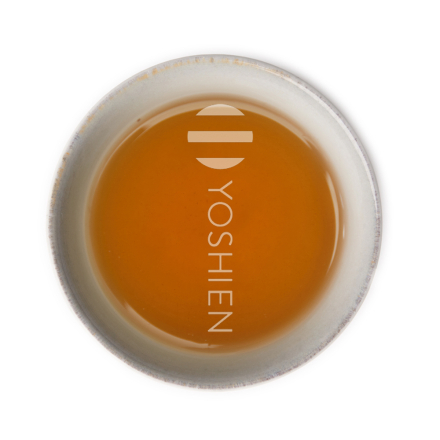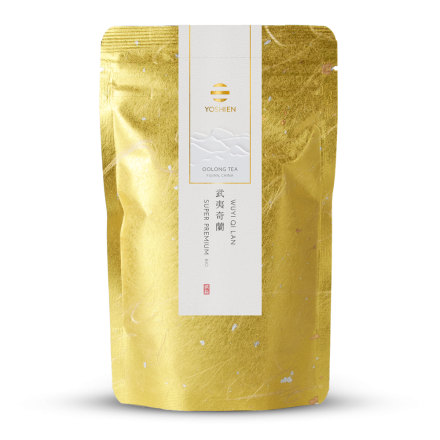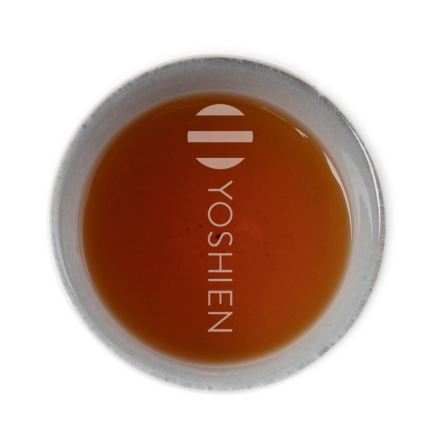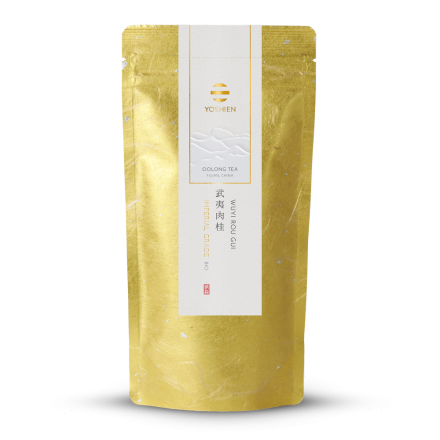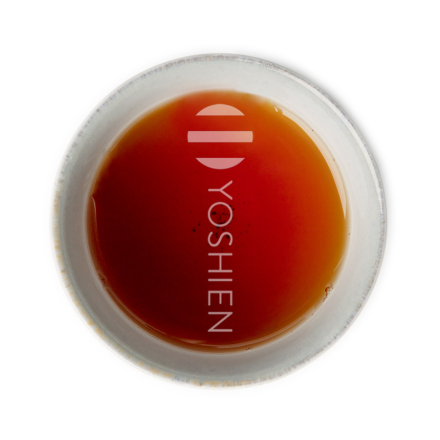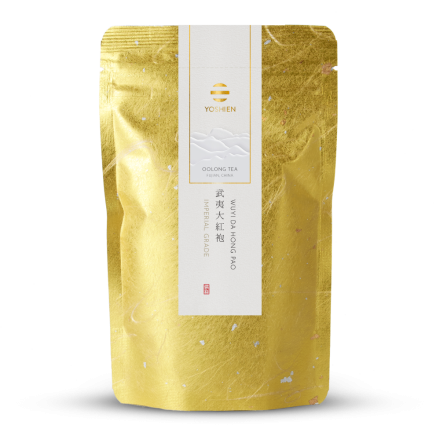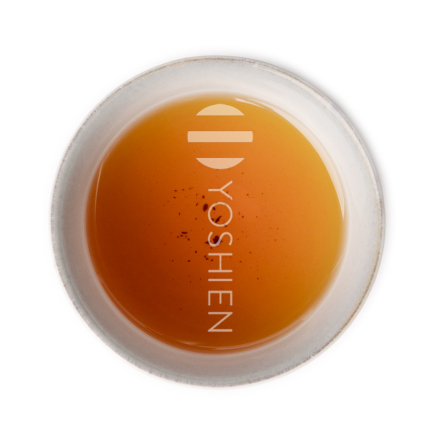Yan Cha - Rock Tea
The mountainous terroir of the Wuyi Mountains in Fujian, as well as the teas' minerality, has given rise to the name Rock Tea or Wuyi Yan Cha (武夷岩茶) for oolongs from the region. With the famous Da Hong Pao (大紅袍), Shui Xian (水仙), Rou Gui (肉桂), Qi Lan (奇蘭) and a unique wild Ye Sheng (野生), we offer a definitive selection of the best Wuyi rock teas.



